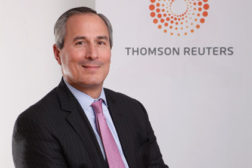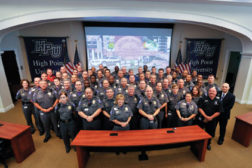Security Leadership and Management
Tracking Your Company’s Employees in 2012
Three Top Challenges to Tracking Travelers Globally
January 10, 2012
Sign-up to receive top management & result-driven techniques in the industry.
Join over 20,000+ industry leaders who receive our premium content.
SIGN UP TODAY!Copyright ©2024. All Rights Reserved BNP Media.
Design, CMS, Hosting & Web Development :: ePublishing











